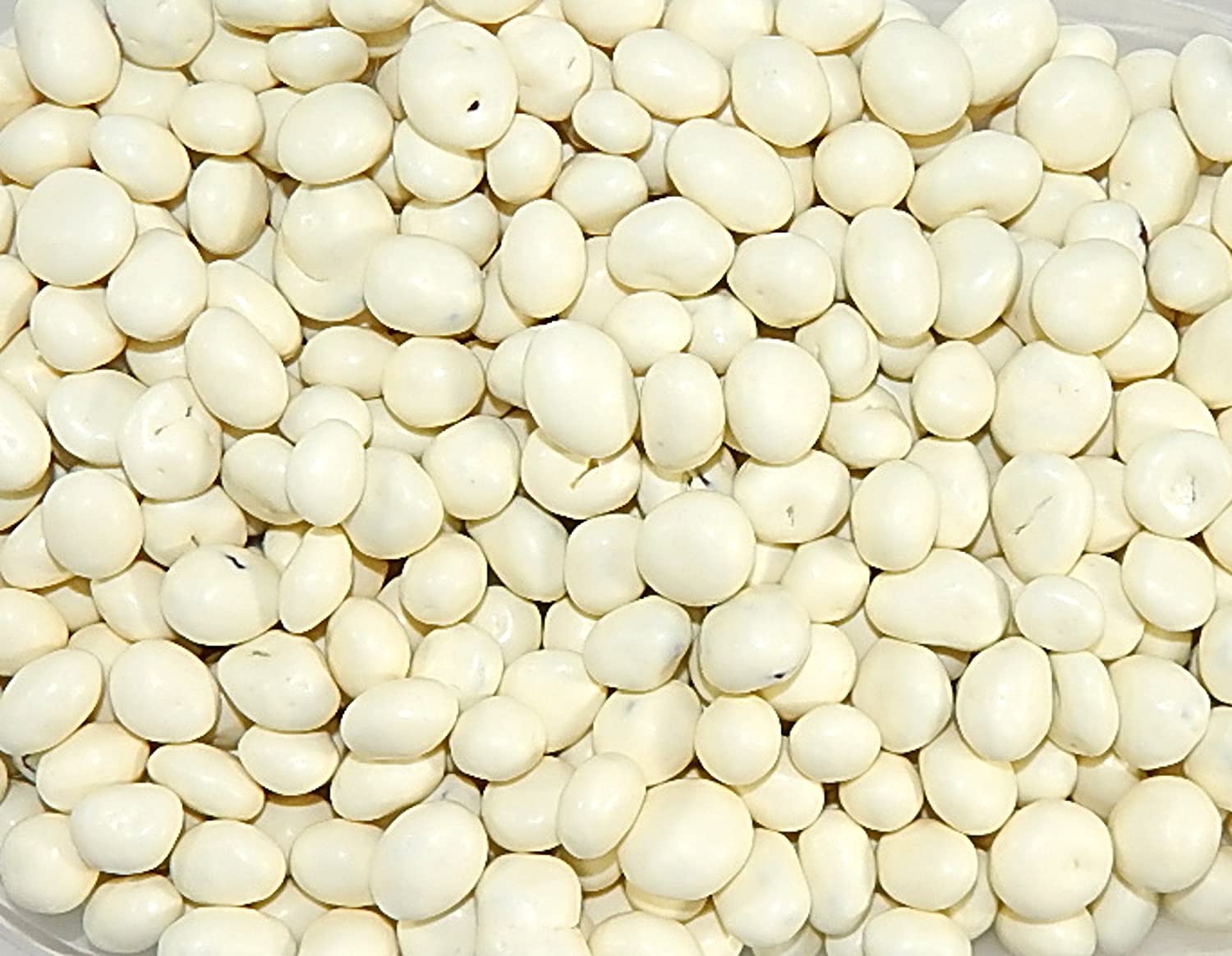The short answer is you should never feed raisins to dogs. Raisins are toxic to canines and grapes, so there’s no minimum quantity to feed dogs, whether they’re covered in yogurt or not.
How Many Raisins Will Hurt a Dog?
Don’t feed your dog raisins! Even one raisin can cause a reaction.
Grapes are poisonous to canines, causing acute kidney failure or death. While all grapes are toxic to dogs, it is believed that dried grapes are more likely to cause severe symptoms if consumed by your dog. Although the exact chemical or substance in grapes that causes poisoning in dogs is unknown, even a tiny amount of grapes can cause health problems. Veterinarians have seen emergency cases following the consumption of a single grape, but in other cases, a handful may cause no symptoms. Regardless, there is no reason to risk your dog’s life for this fruit. That is why, if your dog has consumed a grape, it is always best to err on the side of caution.
Caution should be exercised when foods containing raisins, currants (dried dark grapefruit), and sultanas are consumed (dried fruit of white grapes). This includes mince pies, hot cross buns, and fruit cake.
Will One Raisin Harm A Dog?
Yes, one raisin can harm a dog.
While it remains unclear what causes poisoning when dogs eat raisins or grapes, it’s essential to realize that a single fruit can cause a reaction that can lead to other symptoms. In addition, many other treats can provide joy to your pet without exposing the animal to health risks and even death.
There is no clear correlation between dog size and the amount consumed when determining the severity of grape poisoning in dogs, so it is best to avoid giving your pet grapes or raisins. Instead, remove the fruit source and contact your veterinarian or, if it is after hours, the nearest veterinarian, as the veterinarian will be in the best position to offer advice. Your veterinarian is likely to request that you bring your dog to the vet clinic.
If this is the case, obtain a sample of whatever they have consumed or, if possible, the wrapper or box in which the food containing the fruits was packaged.
How Soon After Eating Raisins Will a Dog Get Sick?
Vomiting is an early symptom. It can occur within 24 hours of ingestion. Within the next 12-24 hours, a lack of appetite, lethargy, and possibly diarrhea may occur. However, severe symptoms do not manifest themselves until 24-48 hours after ingestion – frequently after acute kidney damage has already begun. Diarrhea, excessive thirst, urination, abdominal pain, nausea, vomiting, uremic (ammonia-smelling) breath, and excessive thirst are all symptoms of acute kidney failure.
As the poisoning progresses, the kidneys become inoperable, and the dog may lose the ability to produce urine. As a result, the dog’s blood pressure frequently rises dramatically. In addition, the dog may enter a coma because of a buildup of substances that the kidneys typically eliminate through urine. When the kidneys fail and urine output decreases, the prognosis is poor.
How Long Does Raisin Toxicity Take Dogs?
Currant poisoning/raisin or grape poisoning can take 12-24 hours to manifest.
Unfortunately, grape or raisin poisoning symptoms are non-specific, and early signs are similar to various other conditions, including simple dietary indiscretion (eating foods that should not be eaten). Severe symptoms are identical to those associated with kidney failure from other causes. Your veterinarian will diagnose this poisoning based on your dog’s history of eating grapes, raisins, or currants, as well as the presence of grapes or raisins in his vomit.
Additionally, your veterinarian may recommend diagnostic tests to determine the extent of kidney damage, such as a CBC test, a serum profile, and a urinalysis. The test will help determine the chances of recovery. The goal of treatment is to prevent or minimize kidney damage caused by the toxins.
A vet may induce vomiting and administer activated charcoal immediately. This helps prevent the toxin from being absorbed into the stomach or intestines. However, because grapes and raisins remain in the stomach for an extended period, the dog must vomit even up to 4-6 hours after ingestion.
Following decontamination, additional treatment, including aggressive intravenous fluids to protect the dog’s kidneys in the hope of minimizing damage, may be necessary. Additionally, medications used to treat nausea and vomiting, assist in maintaining blood flow to the kidneys, and control blood pressure may be administered.
Will Yogurt Hurt Dogs?
Yogurt acts as a probiotic, beneficial to the digestive system. If you’re going to feed yogurt to your dog, make sure it’s plain and free of added sweeteners, both natural and artificial. Sugar is unhealthy for dogs and humans alike, and some artificial sweeteners, such as xylitol, are toxic to animals in general, not just dogs.
We recommend yogurt that contains a high concentration of live cultures. This yogurt is superior to regular yogurt because it has less lactose.
Again, while yogurt is not toxic, it may be difficult for your dog to digest. After puberty, dogs’ bodies are not designed to digest lactose, and a food high in lactose can result in gas, diarrhea, and vomiting.
As with any dairy product, dog owners must also consider the fat content. When a dog’s diet contains excessive fat, he may experience stomach upset or even pancreatitis, a severe and potentially fatal illness.
Ensure that the yogurt does not contain xylitol, an artificial sweetener that is toxic to dogs.
Start small and observe your dog’s reaction, as with any treat. If he does not exhibit any of the above symptoms, it is acceptable to give him this treat on occasion.
The main picture is from Amazon – Candy Korner.
As an Amazon Associate I earn from qualifying purchases.

